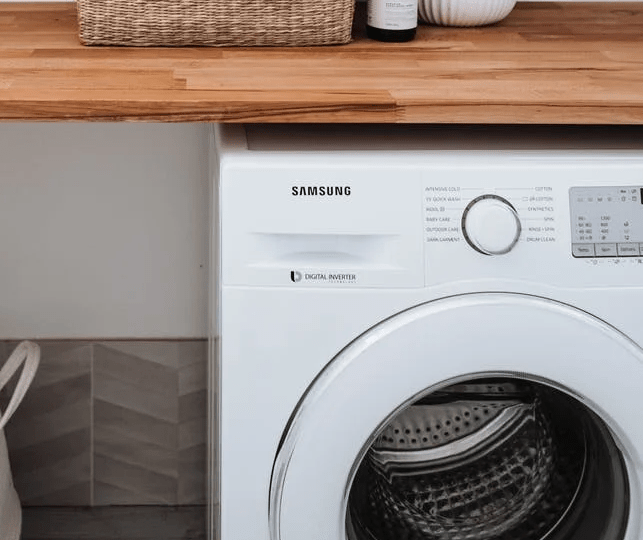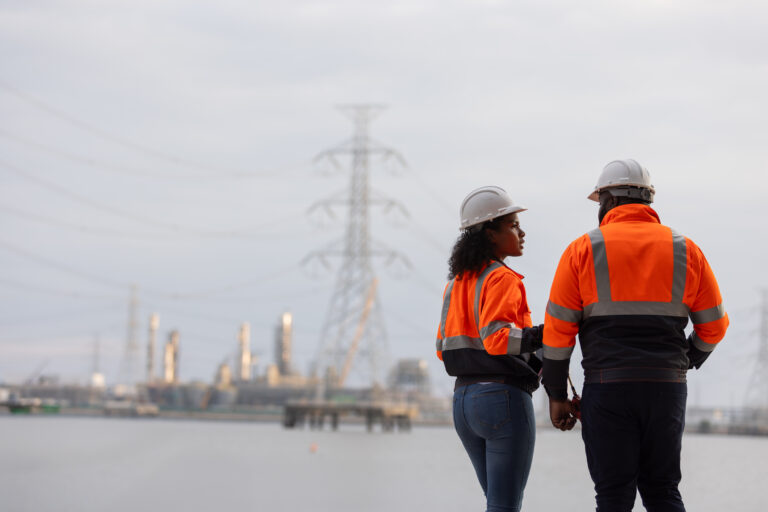In today’s world, two questions are on everyone’s mind: How can I save energy? and How can I save money? The good news is, these questions often have the same answer. While there are significant measures like installing insulation or double glazing that can drastically cut energy use, there are also plenty of simple, everyday changes you and your family can make to save energy right away. Here are our top energy saving tips:
1. Dress warmly to reduce heating costs
One of the easiest energy saving tips is to stay warm by dressing in layers. The warmer you are, the less you’ll need to rely on heating, which can significantly lower your energy consumption. Remember, every degree above 20°C can add 10% to your heating bill, so consider lowering your thermostat by a degree or two.
2. Turn off lights when not in use
Reducing light usage is a simple way to save energy. Make it a habit to turn off lights when leaving a room.
3. Upgrade to energy-efficient bulbs
Switching to energy-efficient bulbs is one of the most impactful energy saving tips. If you’re still using incandescent bulbs, know that lighting could account for up to 19% of your total energy bill. Upgrade to LED bulbs, which are far more efficient, using only a fraction of the energy. MIT is even working on bulbs that could increase efficiency to 40%, making them an even better investment for your home.
4. Turn off standby devices
Many electronics, like TVs, mobile phones, and computers, consume energy even when they’re in standby mode. This can add up to 10% of your overall energy usage. Consider turning off devices completely when not in use, especially overnight.
5. Manage hot water usage
Heating water is a major energy drain. Use energy-efficient appliances like dishwashers, which typically use less water than washing by hand. Additionally, wash clothes in cold or warm water to save energy without sacrificing cleanliness.
6. Save energy in the kitchen
The kitchen is packed with energy-hungry appliances. To save energy, cover pots and pans when cooking to retain heat. Only boil the amount of water you need, and use the microwave instead of the oven when possible, as it consumes less power. Also, avoid placing hot food in the fridge, as it makes the appliance work harder to cool down.
7. Close doors and curtains to keep heat in
Prevent heat from escaping by closing doors to rooms that aren’t in use. This simple tip can prevent you from wasting energy on heating empty spaces. Additionally, close curtains to help retain warmth and block out cold drafts.
8. Time your energy usage
Many energy tariffs charge less for electricity used during off-peak hours. Take advantage of this by running appliances like dishwashers and washing machines late at night or early in the morning. If your appliances have a timer, set them to start when energy is cheapest.
These energy saving tips are easy for everyone in the family to follow, from kids to adults. Why not share these ideas with your local school to help promote energy-saving practices in the classroom as well?
If you have questions about energy supply or want to learn more about renewable energy options for your home or school, please contact us. We’re here to help you save energy and money















